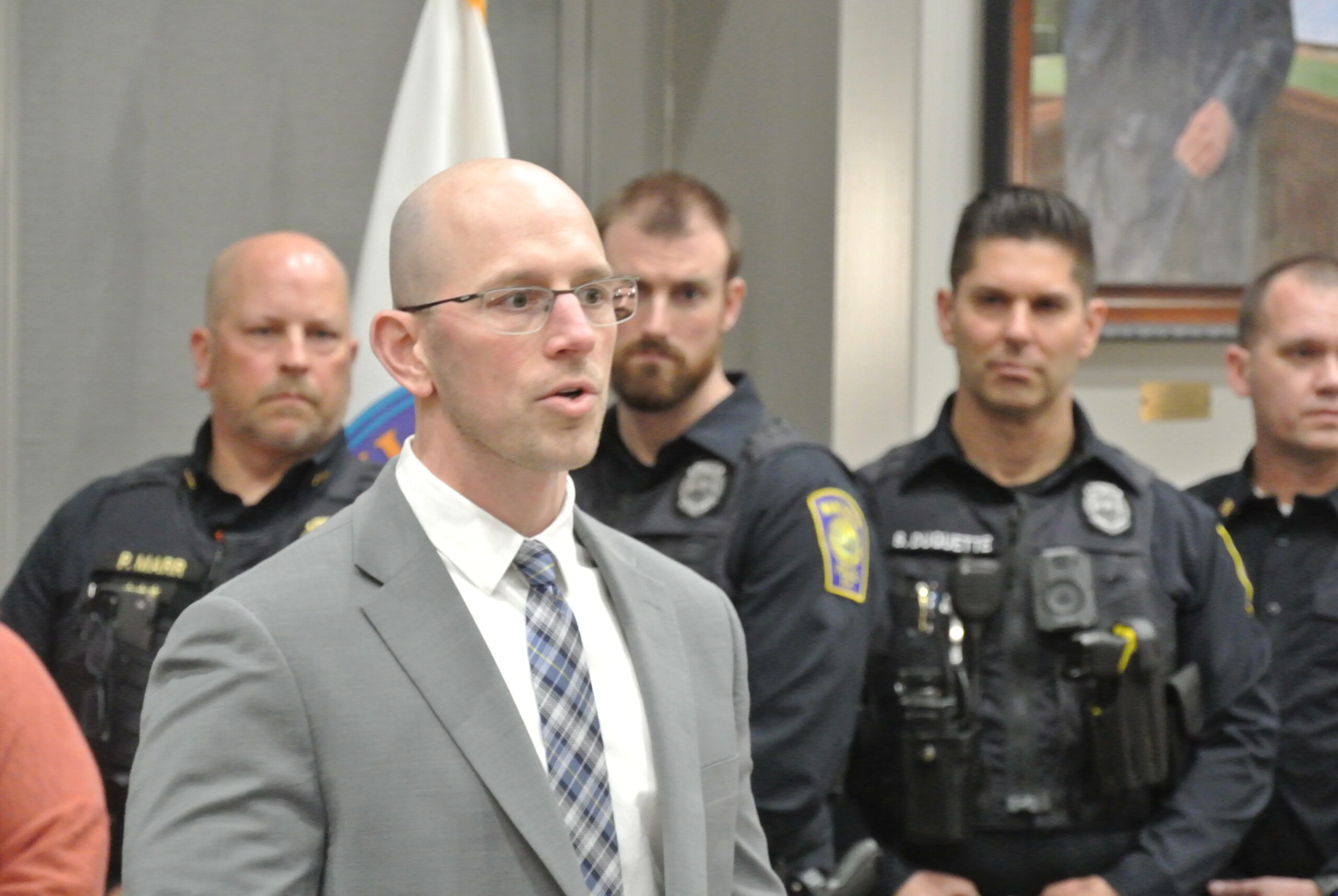The city of Manchester suffered the fewest opioid overdose fatalities in February since 2020, part of a statewide trend of fewer deaths and fewer ODs. Mayor Jay Ruais (R-Manchester) is […]

The city of Manchester suffered the fewest opioid overdose fatalities in February since 2020, part of a statewide trend of fewer deaths and fewer ODs. Mayor Jay Ruais (R-Manchester) is […]

